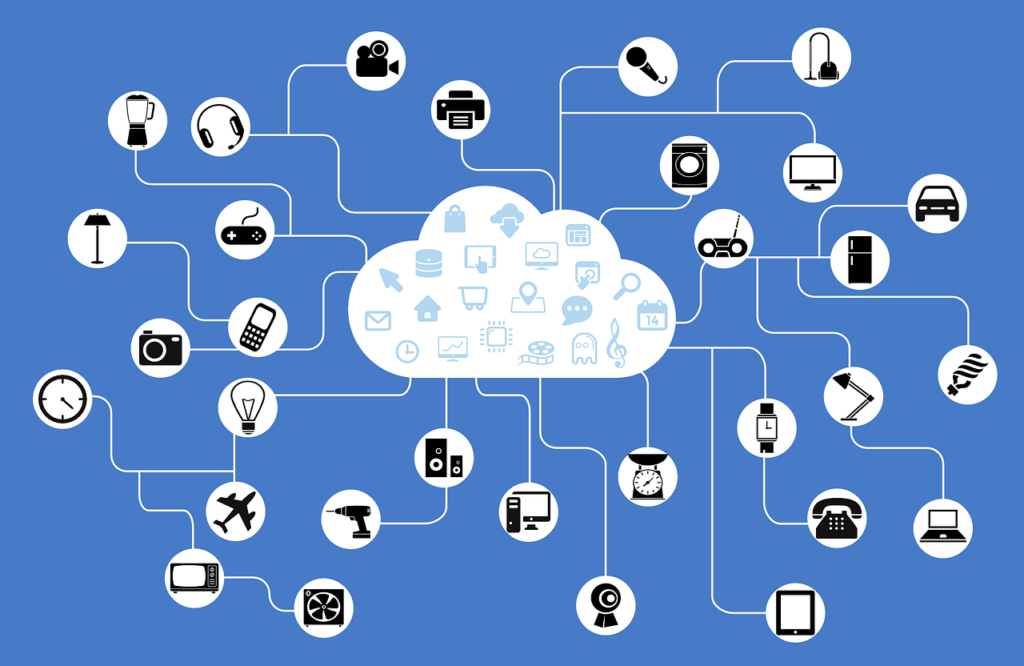If you constantly find yourself fascinated by the latest technological gadgets hitting the marketplace, have you ever considered becoming one of the people who designs and creates them? This week is Computer Science Education Week, which is the perfect time to explore exciting career options like becoming an IoT developer.
The Internet of Things has been a dream of many companies and individuals for years, but it’s only just beginning to really take off, making now the perfect time to consider making a career out of your passion for connected gadgets. In 2017, the number of connected devices will finally outnumber people, at 8.4 billion—and that’s just the beginning. We’re only now scratching the surface of what’s possible with IoT. Becoming an IoT developer takes a lot of hard work, and it’s a lot easier if you have the skills and aptitude to succeed in the field. If you’re thinking about getting into IoT development, read on to find out what skills, abilities, and training you’ll need.
Deciding On Your Role
The creation of new IoT devices requires far more than just one developer or engineer to complete—it’s a multi-step process. After all, Netflix’s new recommendation algorithm system took 70 engineers a full year to complete—now think about how many people are needed to create a device like a self-driving car!
Before you move forward with becoming an IoT developer, you’ll need to decide on which part of the process you want to be involved in. Are you interested in programming the devices? The servers? Or perhaps developing the apps or sites users will work with? Focusing on one aspect of the process will allow you to gain more in-depth knowledge.
Know the Right Languages
Any developer needs to know the right languages for the projects they hope to complete. IoT developers are currently best served by knowing languages like JavaScript and Python, though as the industry develops, that might change. Since many IoT devices are controlled by smartphone and tablet apps, hopeful developers should also have a solid understanding of mobile development.
Understand the Role of Data
IoT devices operate on data, typically collected through sensors in the hardware itself. Big data is big business these days, in all kinds of industries. The healthcare industry alone reached 150 exabytes in data by 2011—and the amount has been increasing massively every year. IoT developers need to understand not only how data is collected and used, but how it must be protected in IoT devices, since healthcare devices, self-driving cars, smart homes, and other IoT solutions could become dangerous if hacked—and many early IoT devices have had issues with security.
Other Skills
Having an in-depth knowledge of IoT hardware, machine learning and AI, automation, and networking are all applicable “hard skills” for IoT developers. “Soft skills” including collaboration, adaptability, and curiosity can be useful in an IoT developer role, since most projects will involve working with others and learning new skills on the fly.
Try a Practice Project
If you really want to see how you enjoy the process of programming an IoT solution, try testing it out. Raspberry Pi is an inexpensive, tiny computer that can help you learn the concepts you need to know to become a successful IoT developer, and will also allow you to work on some test projects.
Keep Up with Trends
IoT is changing almost at the speed of light, and successful developers never stand still. Keeping up with what’s new, experimenting and learning new skills is key. This is why becoming part of the community is an important part of becoming an IoT developer.
Getting a Job in IoT
If you think becoming an IoT developer is a good option for you, you won’t have to worry about a lack of opportunity. Some projections indicate that about 4.5 million IoT development roles will be opening by 2020, so it’s a great time to get into the field. Aside from tinkering with your own projects to show you have the skills to become an IoT developer, networking with the community is a great way to get started. In tech, it’s about what you can do and who you know—not the degree you hold. So get out there and start exploring!

















